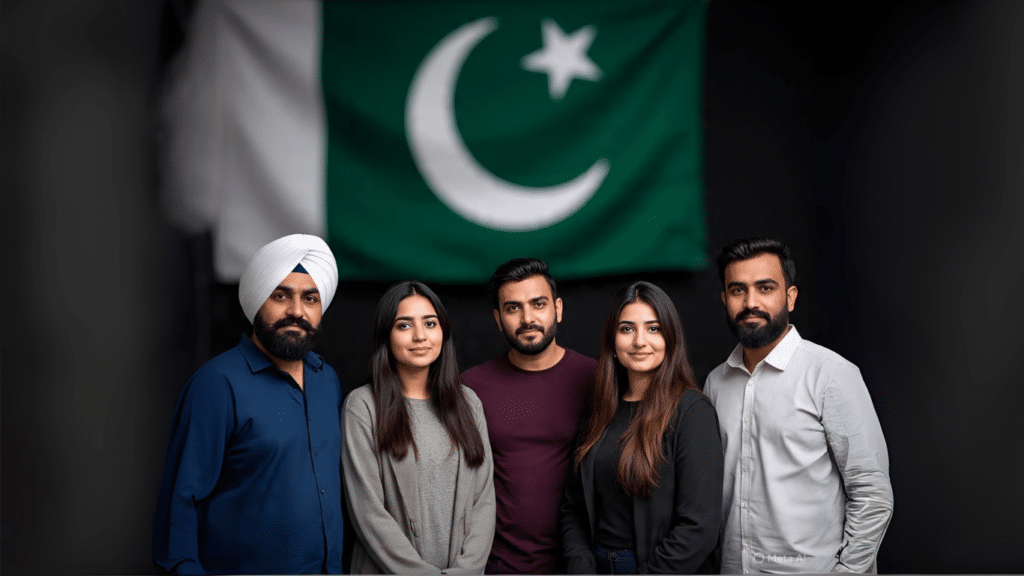
“In the heart of Pakistan’s bustling cities and quiet villages, millions live with the fear that their faith, surname, or skin color could decide their fate yet many still rise, proving that talent knows no religion.”
Pakistan was founded on the vision of equality and religious freedom, a promise made by Quaid-e-Azam Muhammad Ali Jinnah in his famous 11th August 1947 speech: “You are free; you are free to go to your temples, you are free to go to your mosques…” Yet, for many minorities, this promise is still a work in progress.
According to the 2023 Census, minorities make up around 5% of Pakistan’s population, including Christians, Hindus, Sikhs, Ahmadis, Parsis, Buddhists, and smaller groups like Kalash and Baha’i. Hindus are the largest minority group, numbering 3.8 million (1.61%), followed by Christians at 3.3 million (1.37%). The Ahmadiyya community’s population has dropped to 162,684(0.07%). These communities contribute immensely to education, healthcare, arts, business, and sports, yet many still face discrimination and economic inequality.
Struggles That Shape Their Lives
For some minorities, life can feel like walking a tightrope:
* Discrimination in Jobs and Education Many talented minorities are overlooked for positions simply because of their faith. Government job quotas for minorities often remain unfilled, while private hiring is prone to bias.
* Blasphemy Laws While designed to protect religious sentiments, these laws have at times been misused to settle personal disputes, with devastating consequences.
* Economic Inequality Many minorities remain trapped in low-paying, labor-intensive jobs due to systemic prejudice and limited opportunities.
Priyantha Kumara’s Lynching (2021)
In December 2021, Sialkot witnessed one of its darkest days when Priyantha Kumara, a Sri Lankan factory manager, was accused of blasphemy and lynched by a mob. His body was set on fire. This case should be decided in a court of law rather than by people taking matters into their own hands. Justice must be based on facts and legal process, not mob judgment.
The Other Side of the Story: Success and Hope
While discrimination is real, Pakistan is also home to minority individuals who have excelled nationally and internationally, proving that given equal opportunities, talent from all communities can shine:
* Justice Alvin Robert Cornelius
A Christian who served as the 4th Chief Justice of Pakistan (1960–1968), remembered for his fairness and constitutional vision.He also served as Law minister in the cabinet of Yahya khan ( 1969- 1971)
Dr. Ruth Pfau
* A German-born Christian nun who dedicated her life to eradicating leprosy in Pakistan, earning the title “Mother Teresa of Pakistan.”

